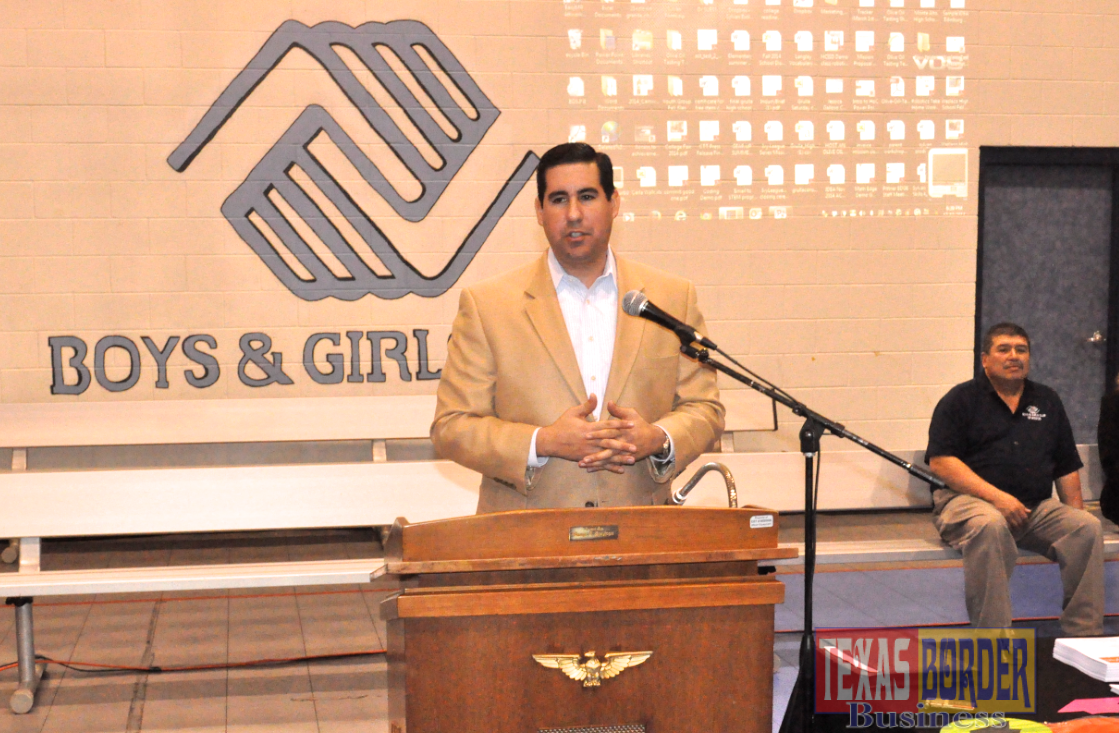
Texas Border Business
Tech and Business Leaders: Computer Science is Key to Prosperous Texas
AUSTIN, Texas (April 16, 2015) – Computer Science education and jobs were the topics of discussion at the inaugural Texas Alliance for Computer Science Education (TASCE) meeting held April 8, 2015, at the Microsoft Office in Austin.
Over 60 Computer Science and economic development professionals discussed how the Texas school system could improve Computer Science (CS) education in primary and secondary schools. The group shared the concern that without teaching the fundamentals of CS, Texas would not thrive in a 21st-century economy. An entire generation of Texans, they warned, will be joining a post-industrial workforce that is dependent on software and digital technology.
Carol Fletcher, Ph. D., TACSE Founder and Co-Chair, proposed a plan for Building the Texas Computer Science Pipeline. Fletcher identified four major issues: 1) lack of trained and certified CS teachers; 2) no incentive for administrative investment in CS pathway;(3) low student/parent demand; and (4) no system connecting high school courses to careers in industry.
“There is evidence to indicate that each of these four areas poses a significant barrier to the development of a robust and sustainable pathway for preparing students in the computer sciences,” Fletcher explained. “Addressing these issues will allow the state to build a pipeline of future graduates eager and prepared to fill the high-wage, high-demand computer science related jobs of the future.”
TACSE applauds state Representatives Dwayne Bohac (Dist. 138) and Bobby Guerra (Dist. 41) for introducing legislation during the 84th Legislative Session to strengthen Computer Science education in Texas. “Texas has always been a leader in economic development. Leadership and action such as this will allow Texas to remain a competitive state,” said Hal Speed, TACSE Founder and Chair. “After all, education is the foundation to economic development.”
“Many other states like Massachusetts, South Carolina, and Arkansas are already investing in computer science education initiatives,” mentioned Fletcher. “Given the nature of the 21st Century economy, K-12 computer science education will either be the competitive edge for Texas, or if we choose the status quo, an economic albatross that holds us back for at least a generation.”

Communities like Mission, Texas are leading the effort to improve computer science education at the local level. The meeting highlighted Code the Town, an effort by the Mission Economic Development Corporation. The initiative is an example of a community addressing the concerns expressed by TACSE. “Many assume that with the rapid evolution and increased use of technology, raising the level of digital literacy in a community is effortless,” said Alex Meade, Mission EDC CEO. “It only seems that way when a community takes the time to plan, stays focused and invests in the appropriate resources.”
Code the Town is a public-private partnership that teaches the community how to write computer code, an increasingly selectable skill in a tech-driven jobs market. To date and in a matter of six months since the program began, the program has taught over 400 students in grades K-6, and over 100 teachers from grades K-12.
According to Code.org, by 2020, there will be 1 million more computing jobs than students/graduates to fill them, resulting in a $500 billion opportunity gap. Only one in 10 U.S. schools offer programming classes (Code.org, 2014) and Texas is no exception, with less than 15 percent of Texas high schools offering Advanced Placement (AP) Computer Science courses in 2013-14 according to the College Board (2014).
The Texas Alliance for Computer Science Education (TASCE) is an open community group consisting of business leaders, parents, educators, school and university administrators, government officials and concerned citizens that are dedicated to bringing computer science education to students in grades K-12. TACSE was founded by Carol Fletcher, Ph. D., Texas Regional Collaboratives-University of Texas at Austin, and Hal Speed, a high-tech industry veteran and Code.org affiliate.













